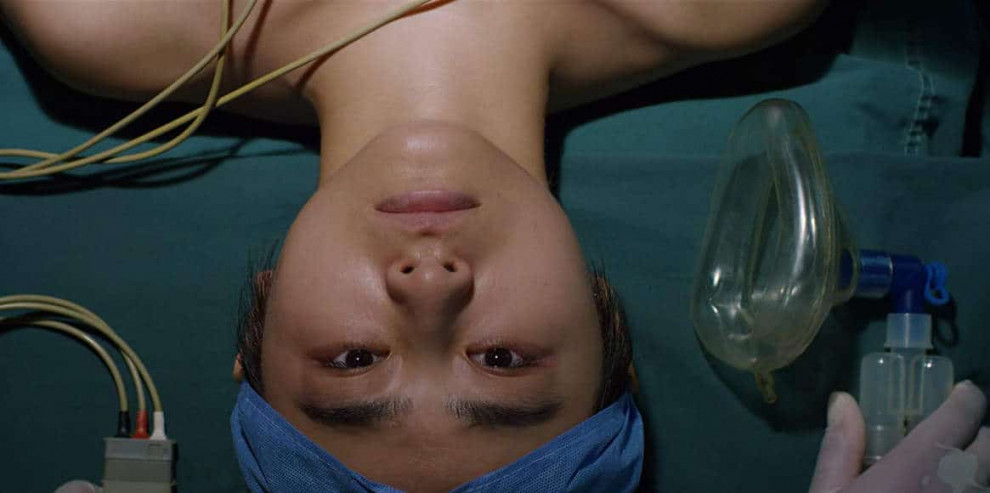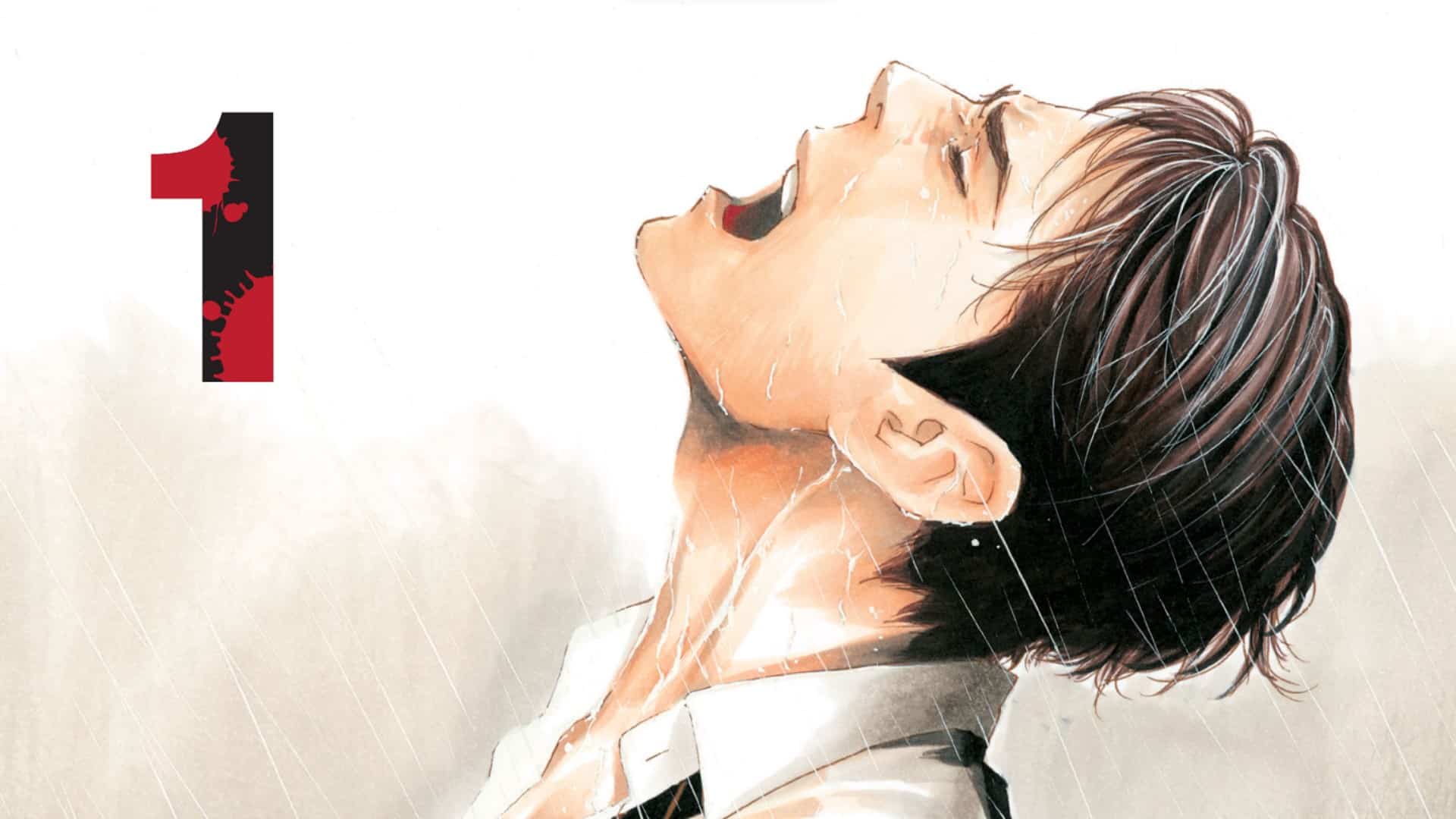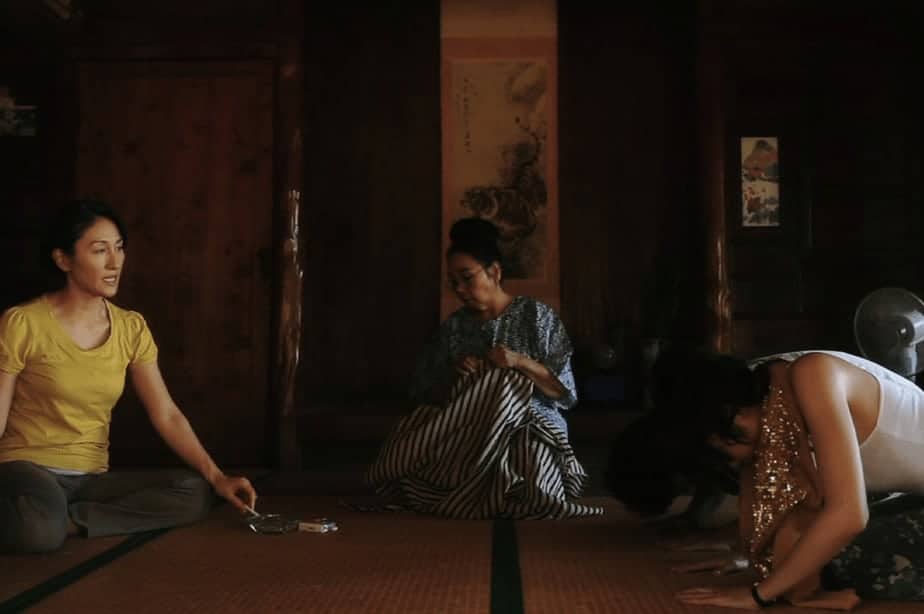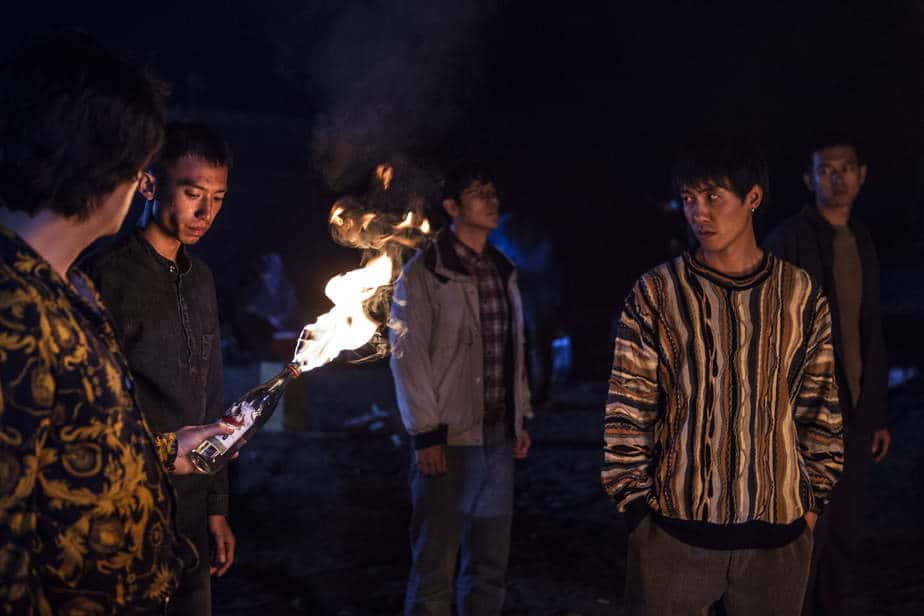The face of a young woman on a maternity delivery bed is the very first scene of this film. She is Huang Xiaoyu (Nan Ji) and her first worry after giving birth is about the baby's lack of cry, followed by a reassuring scream. Fear of missed connection is – ironically – the first bond between mother and child and it immediately inform us what this drama is about. Chinese writer-director Xiang Zi's debut feature “A Dog Barking at the Moon”, screened in Panorama at the 69th Berlinale, where it also won the Teddy Jury Award, and was filmed in 18 days, during the director's own pregnancy and produced with her husband, Barcelona-born José Val Bal, who also signed the cinematography. “A Dog Barking at the Moon” was produced by Acorn Studio (China) and co-produced by Granadian (Spain).
“A Dog Barking at the Moon” was on the programme of BFI Flare

Rewind to few months before the delivery, and a pregnant Xiaoyu with her American husband (Thomas Fiquet) are landing in China to rejoin the family and wait for the baby to arrive. It is a common practice in family oriented cultures and also the perfect setting for a blood bond-themed saga; how strong or corrupted these blood bonds are it will slowly reveal. Xiaoyu's parents are a comfortable middle class couple with a beautiful house and a sweet dog; father is a successful writer and mother Li Jiumei (veteran actress Naren Hua) a health worker near retirement. They are seemingly open minded and very welcoming with the “foreigner” husband who floats around in his own bubble, as he doesn't speak the language. However, as often happens, the renovated closeness brings back all the undigested bites and the atmosphere becomes increasingly tense.
Central to the story is the mother-daughter rapport, heavily tainted by Li Jumei's bitter resentment towards … well, everything! As we learn from the recurrent flashbacks, she brutally discovered after the marriage, her husband ‘s interest and desire for young men and since then she had been bitterly blaming what she calls “her husband's illness” for her choices and all that happened in her miserable life. She is also cruelly resentful towards the daughter for the close bond she has with with her father and doesn't hesitate to boast very often that Xiaoyu wouldn't be here if she hadn't miscarried her first baby boy, hence calling her “her nemesis”. To make things more difficult to fix for Xiaoyu – who in vain tries to persuade her parents that divorce would be the best scenario – Li Jiumei has now joined a “Buddha” cult, to which she is devoting a lot of time and money in the hope of solace and a “magic cure” for the husband.

Undeniably, the film title “A Dog Barking at the Moon” references a famous Joan Miro's painting with the same title; a painting where a dog at night barks to an indifferent and distant moon and where a stepladder looks like a possible but unused connective tool. In Xiang Zi's family drama, there is a lot of barking too, and most of all, everybody is barking at her/his own moon.
The director has based the film on her real life family caper, embracing her own maternity as a cathartic moment and as a key to unlock rusty gateways. Labelled as a LBGT movie, “A Dog Barking at the Moon” encompasses indeed a homosexual element that materialises as a big elephant in the room. However the narration is in reality a complex exploration of tired and ingrained family dynamics, desire, self-acceptance and belonging.

Memories are profoundly embedded in familial histories and here they are presented in form of recurrent flashbacks, shedding light on pivotal moments of the past. One time-frame is set just before Li Jiumei's engagement and wedding, a time of life choices about what to leave and what to take. Another set of flashbacks goes back to the time of Li Jiumei's discovery of her husband's object of desire, when Xiaoyu was a preadolescent girl, caught in the full storm. In doing so the POV of the narration shifts from mother to daughter and back, making sometimes confusing to define the center of gravity of the film. It's Xiaoyu's life journey but Li Jumey is the focus. The father is purposely kept out of the scene, in the background, we rarely see his face; it would have been interesting though if the film had explored a bit more his emotional bond and camaraderie with the daughter, here given for granted.
The non-linear narration is also dotted with surreal scenes set in a minimalist theatre stage, with the characters sitting on chairs while reciting their lines. It's a reminder of the roles we constantly play in our social interactions but, in my opinion, a distracting element in an already very rich and articulated narration. On a parallel track, “A Dog Barking at the Moon” is also a commentary and an observation of fast-changing China social texture. The three settings of present time and flashbacks show a very different aesthetic as a tell-tale of the economically growing middle class comfort. Moreover, the tormenting reminder of being a lesser child is an aberrant omen from the “one-child policy” scheme that was in full effect at the time of Xiaoyu's birth.

The cinematography from José Val Bal has a mature and elegant feel, scenes and dialogues are framed classically with a contemporary style, and the frequent long takes give solemnity and the beautiful dialogues, while focusing on the actors.
“A Dog Barking at the Moon” is an ambitious first feature and a step ahead for homosexuality representation in Chinese cinema, although Xiang Zi openly said she didn't really specify what kind of extra marital affair she was going to portray when she submitted her film's synopsis to the Chinese censorship board. Well, then kudos to her boldness and to her newborn directorial career!















